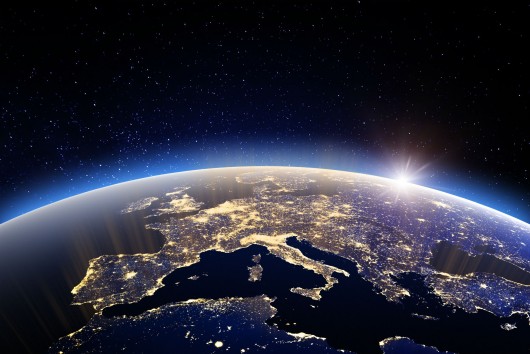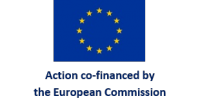Galileo: a critical component for autonomous driving?
26-11-2018

The past decades have seen substantial improvements in the performance of Global Navigation Satellite System (GNSS) technology. The satellite signals have been modernised, and by the end of 2018, multi-band GNSS will become affordable. These advances set the stage for the next big theme in GNSS: achieving decimeter- or centimeter-level accuracy.
Galileo has been providing positioning and timing services to around 400 million users since December 2016. In 2020, Galileo will reach full operational capability. Once complete and with a record precision of 20cm, it will be the most precise satellite navigation system in the world.
Galileo’s technology, data and services have become indispensable in our daily lives, be it in rescue searches, smart watches, farming, plane navigation or connected cars.
For fully autonomous driving to become reality, several technologies will have to reach maturity and be rolled out in concert. The role of GPS-only solutions was relatively minor so far - mainly route finding – due to the challenging conditions in an urban environment. This is set to change as robust GNSS signals and services provide increased accuracy, supplying autonomous systems with the necessary reliability.
Combining camera images and lidar and radar data with high definition maps already allows vehicles to position themselves on the map with high (roughly 10-centimeter) accuracy and detect obstacles. That said, these systems alone are not safe enough to make the driver obsolete. During the transition towards fully automated driving, a vehicle’s precise position will determine whether the autonomous driving mode can be switched on.
Euractiv is pleased to invite you to this Forum to discuss Galileo’s role in in the transition towards fully autonomous driving. Questions to be discussed include:
- When will Galileo be able to provide affordable, scalable, and reliable high precision positioning?
- Can Galileo provide the perfect combination of technologies that will be needed to meet safety requirements for autonomous driving?
- Can space data ensure European industries become world leaders in automated driving?
- How will SMEs, start-ups and innovative businesses derive benefits?
Supported by:

Location
Euractiv Network Office
Boulevard Charlemagne 1, 1041 Brussels
Google Maps >>
Panellists
KEYNOTE SPEECH
Pierre Delsaux, Deputy Director-General, DG Grow, European Commission
PANELLISTS
Matthias Petschke, Director, EU Satellite Navigation Programmes, DG Grow, European Commission
Jan Cornillie, Secretary of the SP.A Parliamentary Group, Flemish Parliament
Angelos Amditis, Research Director, Institute of Communications and Computer Systems, National Technical University of Athens
Sigrid de Vries, Secretary General, European Association of Automotive Suppliers – CLEPA
Joost Vantomme, Smart Mobility Director, European Automobile Manufacturers' Association – ACEA
CONCLUDING REMARKS
Fabrice Comptour, Member of the Cabinet of Commissioner Bienkowska, European Commission
Moderator
Samuel Stolton, EURACTIV Editor, Digital Affairs
Schedule
17:00 – 17:30 Registration
17:30 – 18:00 Opening statements
18:00 – 19:00 Open discussion and Q&A
19:00 – 20:00 Networking reception
Contact
Teresa Dominguez
teresa.dominguez@euractiv.com
+32 (0) 2 788 36 93




